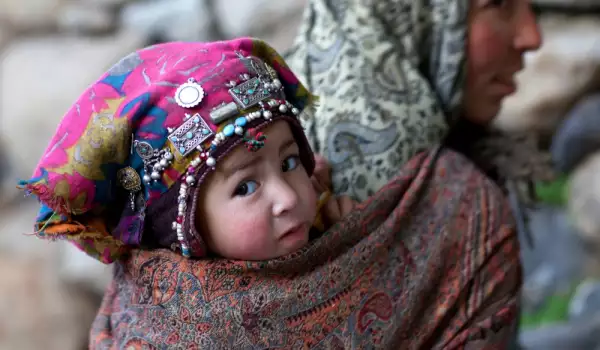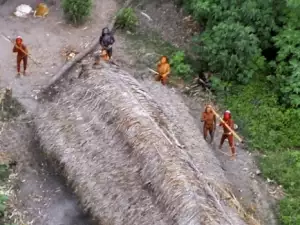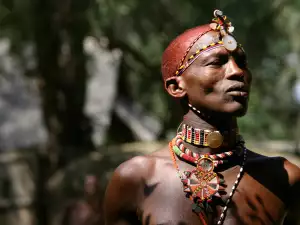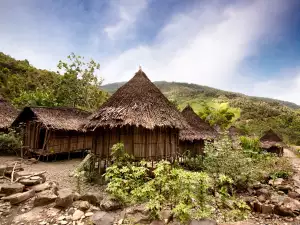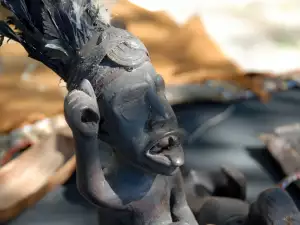A mysterious people inhabits the Hunza Valley in the Karakoram mountain range in Pakistan. Besides living anywhere from 110-120 years, the people there never get sick from anything, making scientists marvel at the fact.
The interesting thing is that the inhabitants of Hunza Valley have light-colored skin and are tall of stature. These characteristics make them significantly different from the peoples living around them.
The region's isolation aided in the preservation of the Hunza's identity throughout the centuries. This remarkable ethnic group gained popularity for the first time thanks to the English physician Robert McCarrison, who came upon them by chance in the Himalayas, while he was trying to find proof for a hypothesis of his - that being that illnesses are a result of bad eating habits.
He studied the ethnic group and shared all of his impressions in a book, which attracted the attention of various types of experts.
Eventually, the fascinating people began receiving visits from numerous scientists, journalists, doctors, who were trying to uncover the secret of the longevity and perfect health of the locals at all costs. The people in the Hunza Valley live for 120 years on average.
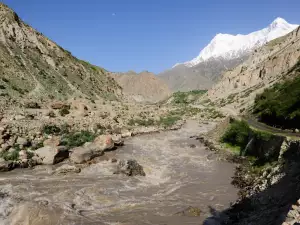
They have never complained of heart diseases, hypertension, hypotension, rheumatic diseases, diabetes, cancer, arthritis. They are unfamiliar with chickenpox, mumps and measles. There is also no infant mortality within the tribe.
According to researchers, all this they owe to a great extent to their food diet. Their meals consist mainly of plant products, such as barley, millet, buckwheat, wheat, corn, potatoes, apricots, peaches, almonds, walnuts, dried apricot kernels. Besides eating healthy, these people fast, walk barefoot and practice yoga, noted scientists.
Depending on the source, the population of the valley is anywhere between 15 and 80 thousand people. The Hunza speak a non-Indo-European language, Burushaski, in which the word "húnzo" means the return of the bow, i.e. the home of the archer, or a resident of Hunza.
The largely widespread legends in Pakistan and Afghanistan go that the tribe is linked to the lost hidden kingdom Shangri-La (Shambhala). However, scientists are skeptical of these claims.
